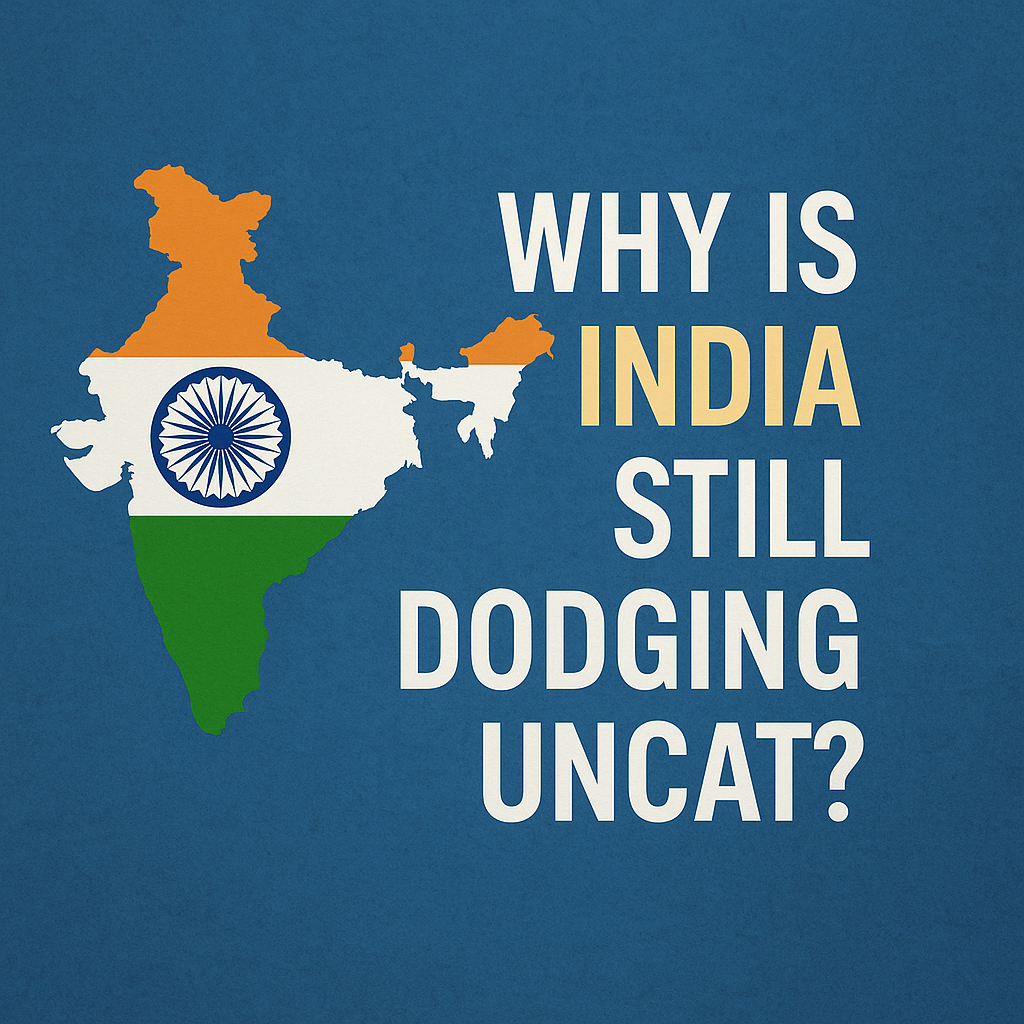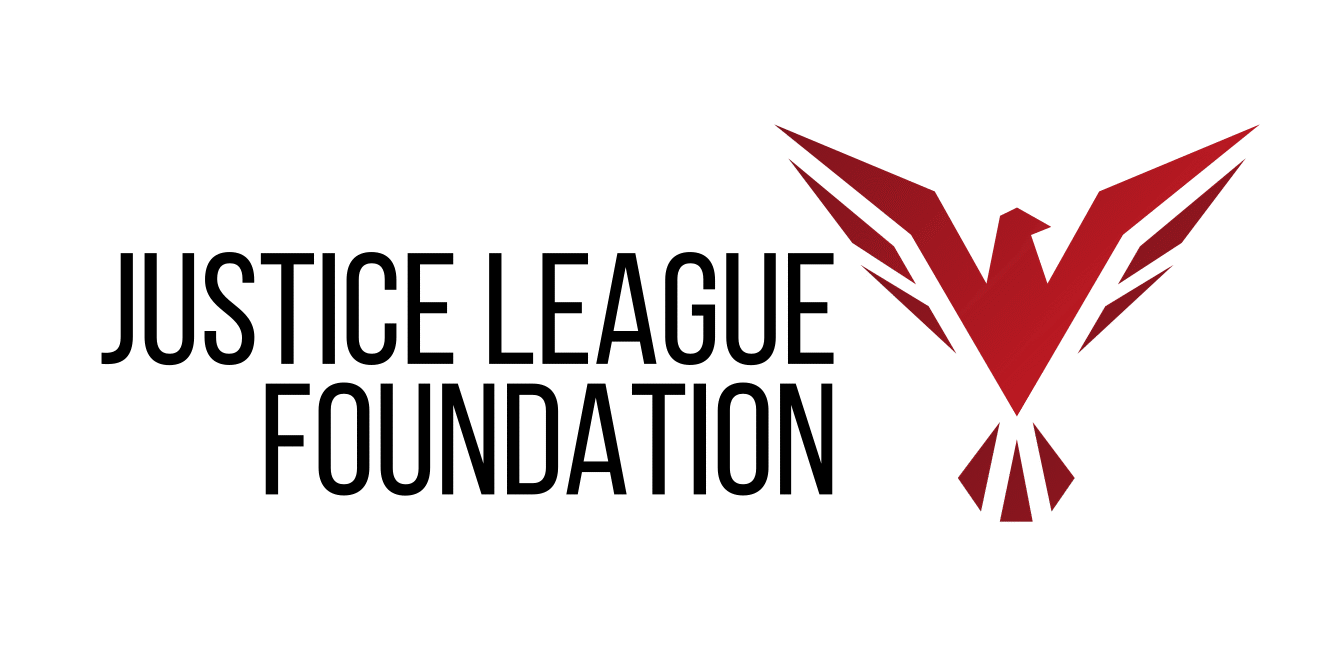India Signed UNCAT — Why Not Ratify It?
What’s still missing in Indian law is a clear definition of torture and a strong statement against it when done by public officials.
The right to be free from torture is part of the broader Right to Life under Article 21 of the Constitution.
But in practice, it’s much harder to enforce a fundamental right than to apply a specific law made for that purpose. This brings us to a key question: why hasn’t India ratified the UN Convention Against Torture, and why is there still no law that supports it?

Torture is among the most egregious violations of human rights, often carried out in the dark corners of prisons, detention centres, or conflict zones. In an effort to eliminate this inhumane practice and ensure accountability, the United Nations Convention Against Torture and Other Cruel, Inhuman or Degrading Treatment or Punishment (UNCAT) was adopted. This landmark treaty has become a cornerstone in the global human rights framework, reaffirming the world’s collective commitment to human dignity.
What Is the UNCAT?
The UNCAT is an international human rights treaty adopted by the United Nations General Assembly on 10 December 1984 and entered into force on 26 June 1987. It specifically aims to prevent torture and other acts of cruel, inhuman, or degrading treatment or punishment around the world.
As of 2025, the treaty has been ratified by over 170 countries, obligating them to implement its provisions at the national level.
Key Objectives and Provisions
The Convention is both legal and moral in nature, laying out detailed obligations for State parties. Some of its core elements include:
1. Absolute Prohibition of Torture
Article 2 of the UNCAT states unequivocally that “No exceptional circumstances whatsoever”—whether war, threat of war, political instability, or public emergency—can justify the use of torture. This absolute ban is what gives the treaty its profound moral weight.
2. Definition of Torture
UNCAT defines torture in Article 1 as any act by which severe pain or suffering, whether physical or mental, is intentionally inflicted for purposes such as obtaining information, punishment, intimidation, or coercion, by or at the instigation of a public official.
3. Non-Refoulement
Article 3 prohibits the extradition or return (“refoulement”) of a person to another state where they are at risk of being tortured. This is a key safeguard for asylum seekers and refugees.
4. Accountability and Redress
States are obligated to criminalize torture, investigate allegations, prosecute perpetrators, and provide victims with the right to fair compensation and rehabilitation.
5. Independent Monitoring
The Convention established the Committee Against Torture (CAT)—a body of independent experts that monitors implementation. State parties must submit regular reports to the committee, which then issues recommendations.
Why UNCAT Matters
The significance of UNCAT lies in its preventive approach and emphasis on accountability. Torture thrives where impunity exists. By requiring transparency, legal safeguards, and independent monitoring, the Convention acts as a deterrent to abuse.
Additionally, the Convention has shaped international jurisprudence, informing decisions in national courts, the International Criminal Court (ICC), and regional human rights bodies.
Challenges to Implementation
Despite its wide acceptance, implementation remains inconsistent. Key challenges include:
Political will: Some governments continue to tolerate or even authorize torture under the guise of national security.
Lack of accountability: Investigations are often slow, ineffective, or biased.
Weak legal frameworks: Some states lack specific anti-torture laws or mechanisms for redress.
Opaque detention systems: In some countries, people “disappear” into secret prisons, beyond the reach of monitoring.
The Role of Civil Society and International Organizations
NGOs, journalists, lawyers, and international bodies play a vital role in exposing torture and holding governments accountable. Organizations like Amnesty International, Human Rights Watch, and the International Rehabilitation Council for Torture Victims (IRCT) work tirelessly to document abuses and support survivors.
Looking Ahead: Strengthening the Fight Against Torture
To make UNCAT more effective, countries must:
To effectively combat torture and uphold the values enshrined in the UN Convention Against Torture (UNCAT), India must take concrete steps to fully incorporate its provisions into domestic law, ensure independent investigations into all allegations of torture, support comprehensive rehabilitation for victims, and promote regular training for law enforcement and judicial officials.
At the same time, the international community must remain vigilant, using diplomatic, legal, and economic tools to hold states accountable for violations. Despite signing UNCAT in 1997, India has yet to ratify the Convention, missing a critical opportunity to demonstrate its commitment to justice and human rights.
The Convention stands as a powerful symbol of humanity’s collective refusal to accept cruelty and injustice. While the path to eradicating torture remains challenging, upholding the Convention—especially by a democracy like India—is not merely about legal compliance; it is a moral imperative rooted in the principles of human dignity, constitutional justice, and the rule of law.
– Team Justice League Foundation
